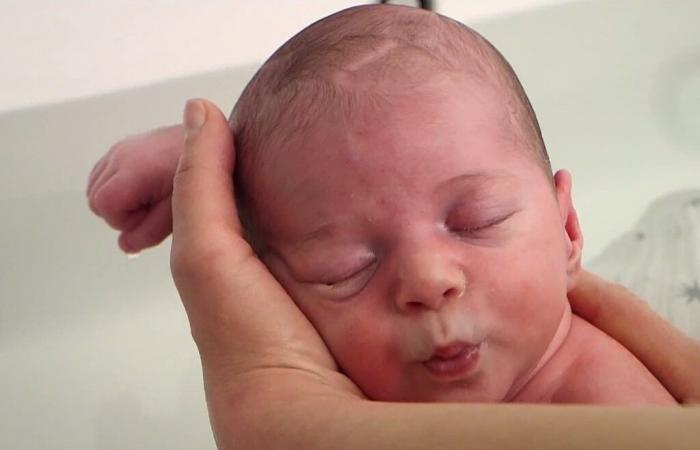Will babies born since January 1, 2025 be so different from those born last year? Not sure. And yet, they do not belong to the same generation. From now on, and until 2039, place in the Beta era. Unsurprisingly, these future adults will grow up in a world where artificial intelligence will become more and more widespread, where the Alpha generation (2010-2024) had already seen the beginnings of it.
“The digital and physical worlds will be inseparable,” says Mark McCrindle, social science researcher in Australia, on his blog. Thus, these newborns will surely be the first to discover “large-scale autonomous transportation, wearable health technologies and immersive virtual environments”.
Paradoxically, these children raised by generations Y (1981-1996) and Z (1997-2012) should be more controlled regarding the use of screens. Mark McCrindle points out that “36% of Generation Z parents will make it a priority compared to 30% of Generation Y parents”, the latter having already been accustomed to documenting the lives of their offspring on social networks.
The education of Beta babies should also focus on innovation to respond to key challenges such as climate change or demographic evolution.
Why is it called Generation Beta?
But then, will the world in which this new generation will evolve really be different from the one we know today? Yes, according to the social scientist. “Generational transitions are not just chronological: they are defined by the events, technologies and cultural changes of their time. The beta generation represents a crucial chapter in our world in terms of evolution, explains Mark McCrindle. That’s why we switched to the Greek alphabet.”
Unsurprisingly, the next generations should therefore follow this trend. Babies born between 2040 and 2054 will belong to the Gamma generation, those between 2055 to 2069, to the Delta generation, etc. “This standardized 15-year period will allow for more comprehensive analyzes and global comparisons.”
Read more






